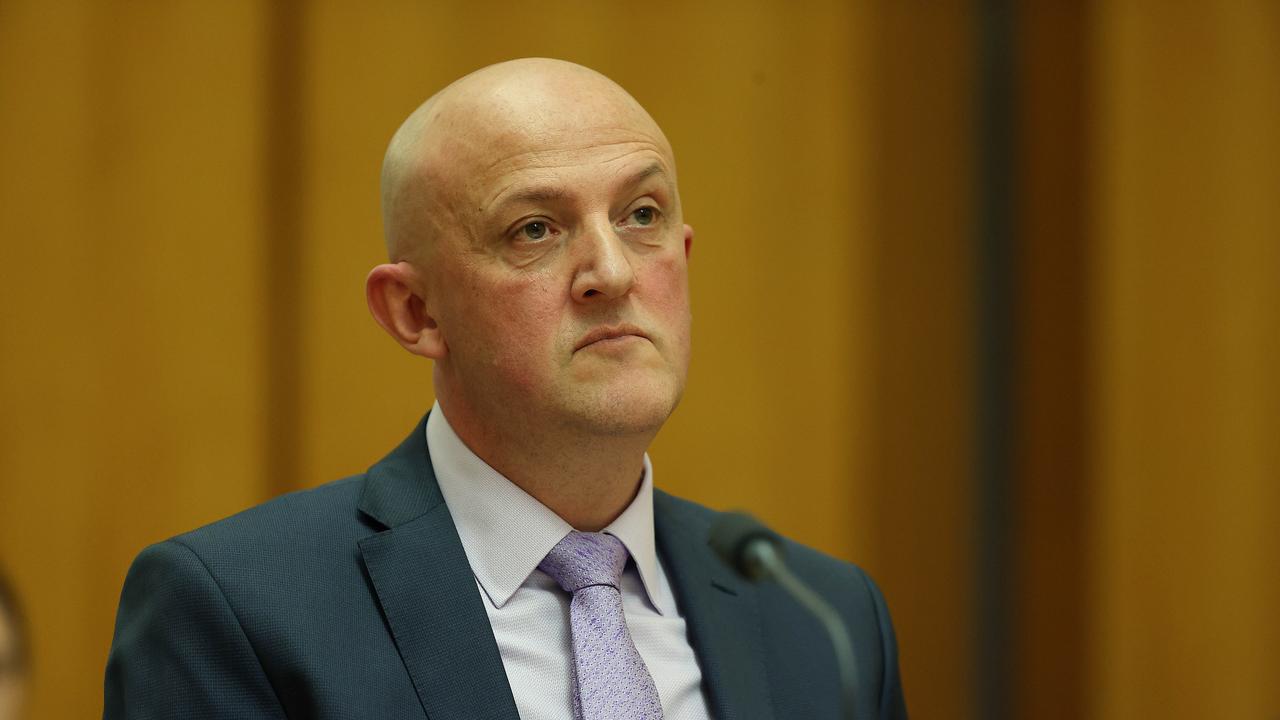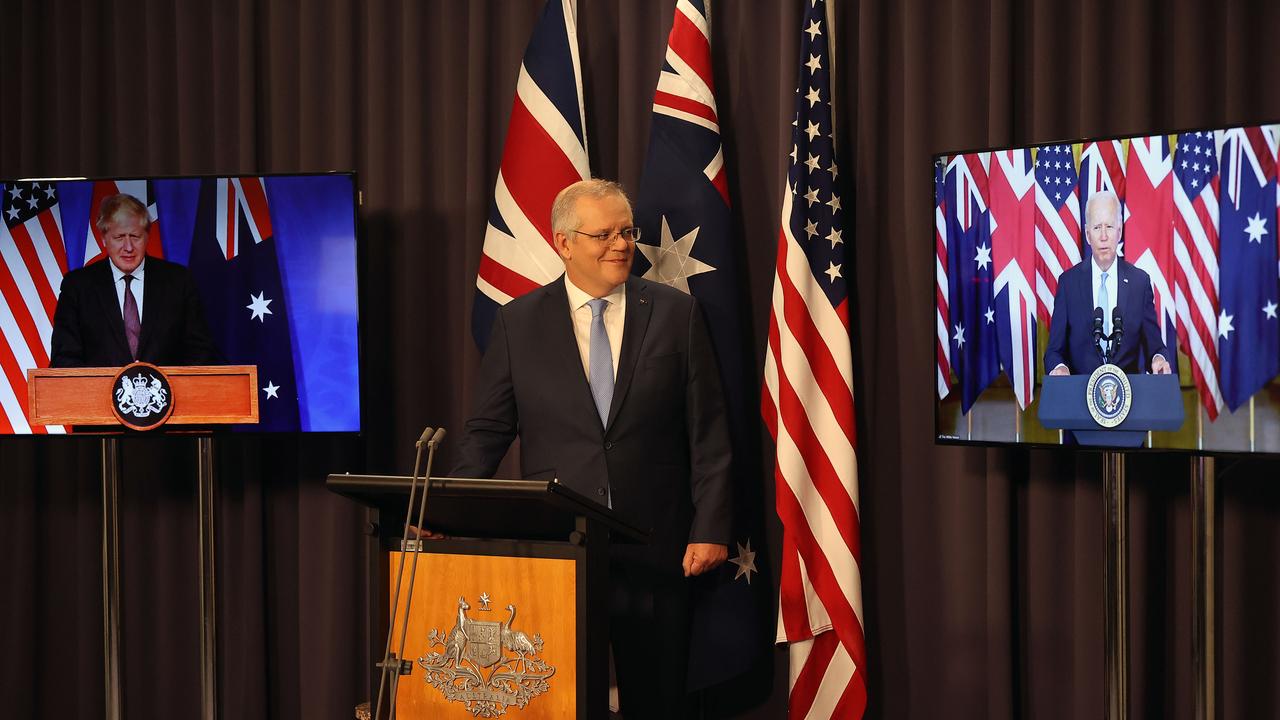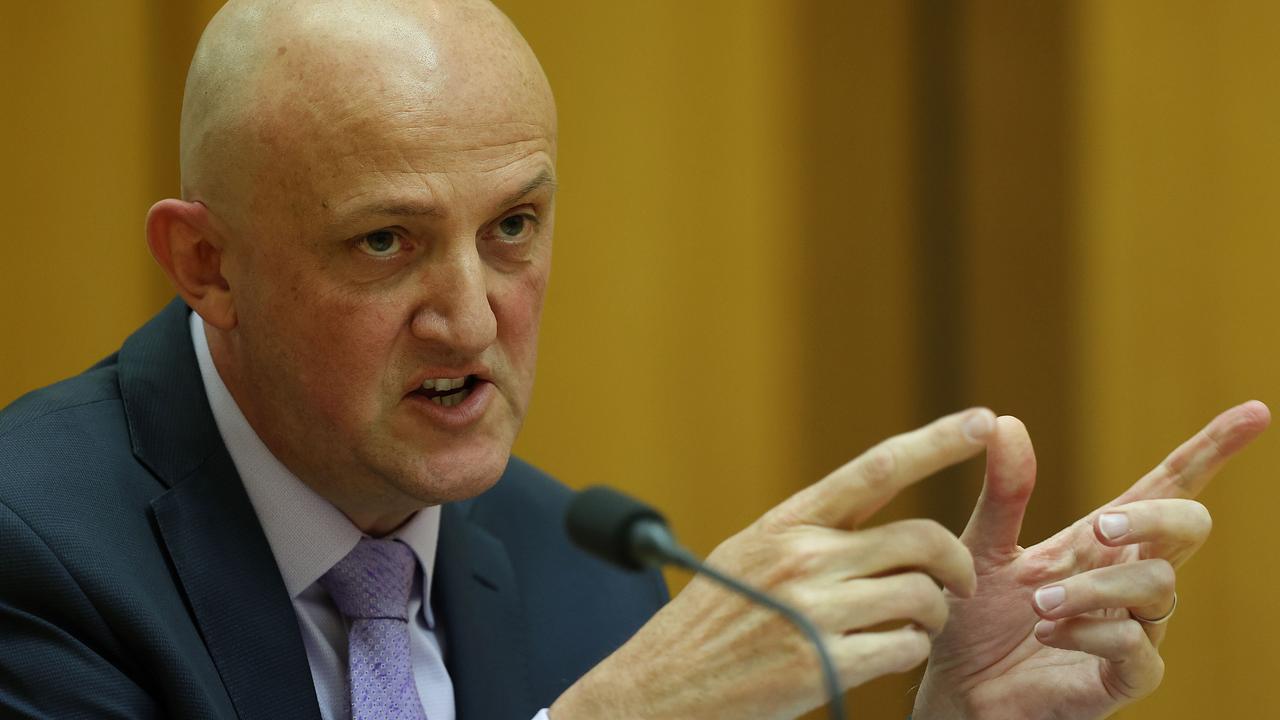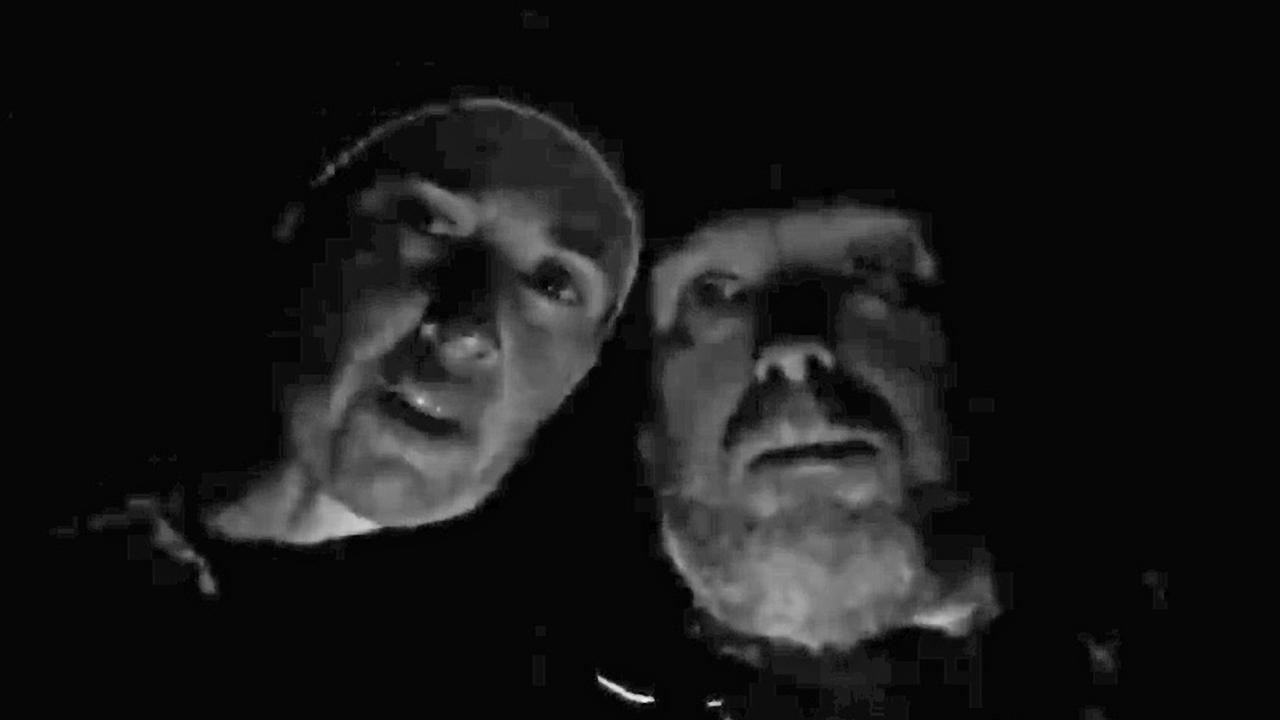Head of ASIO says the spy agency is busier than ever before
More Australians are being targeted for espionage and foreign interference than at any time in the nation’s history, ASIO says.
ASIO has broken up a “bigger and more dangerous” spy network than ever before in Australia, director-general Mike Burgess has revealed.
Mr Burgess delivered the security agency’s fourth annual threat assessment speech on Tuesday night where he said ASIO was busier than it had been in its 74-year history.
Journalists, military veterans and judicial figures are being targeted by foreign espionage agencies at “unprecedented” levels.
“Based on what ASIO is seeing, more Australians being targeted for espionage and foreign interference than at any time in Australia’s history,” Mr Burgess said in the speech.
“From where I sit, it feels like hand to hand combat.
“This means ASIO is busier than ever before. Busier than any time in our 74-year history.”
He said in the past 12 months, ASIO had detected and disrupted a major spy network he called ‘the hive’.
“I’ve previously revealed how we removed a ‘nest’ of spies. I’ll refer to this latest case as the ‘hive’ of spies because it was bigger and more dangerous than the nest,” he said.

He said the spies were working under cover and some had been in place for years. Proxies and agents were recruited as part of a wider network.
“We watched them. We mapped their activities. We mounted an intense and sustained campaign of operational activity. We confronted them,” he said.
“And working with our partners, we removed them from this country, privately and professionally. The hive is history.”
Mr Burgess said “multiple nations” were using espionage and foreign interference to advance their interests and undermine Australia’s.
“They are using espionage to covertly understand Australia’s politics and decision-making, our alliances and partnerships, and our economic and policy priorities,” he said.
“They are using foreign interference to shape political and business decision-making to their advantage.
“They are using foreign interference to monitor, threaten and even harm members of diaspora communities.”
Education Minister Jason Clare couldn’t confirm what country was responsible for the “hive” of spies, but said the speech was a “wake-up call”.
“A pretty blunt and serious speech that made the point that foreign interference and espionage in Australia is at an all-time high,” he told Channel 7.
“We’ve been talking over the course of the last few months about cyber hacking - Medibank, what happened at Optus - and the Prime Minister will be making a speech about military hardware to protect ourselves for decades to come today.
“A big part of that is the (Quad) meeting that will... meet here in Australia in the middle of the year.
“All of that, whether its’s cracking down on spies, making sure our business and government services are cyber proof or whether it’s the hardware we need, all of that is what is needed to make our country safer”.

Mr Burgess said ASIO’s more aggressive counter-espionage posture is critical so that Australia’s allies can be confident.
“It’s important to spell this out because our adversaries are not the only countries that care whether we take security seriously,” he said.
“As we progress AUKUS, it’s critical our allies know we can keep our secrets, and keep their secrets.”
In a speech to the National Press Club later on Wednesday, Anthony Albanese will say countering foreign interference will be crucial to the advancement of AUKUS.
“We understand that keeping Australians safe means supporting our intelligence agencies and law enforcement agencies to guard against threats abroad and here at home, whether that be foreign interference and espionage, or violent extremism in all its forms,” he will say.
Mr Burgess said since the announcement of AUKUS in September 2021, there’s been “a distinct uptick in the online targeting of people working in Australia’s defence industry”.
“Spies are also turning more attention to non-government employees, as well as former clearance holders,” he said.
“These individuals do not have the same security support and reporting obligations as someone who works for ASIO, for example – and are therefore more vulnerable.”

Mr Burgess said foreign intelligence services were also trying to recruit Australian insiders with access to personal information that will help repress critics of overseas regimes.
“In the last year, we have identified multiple spies from multiple countries developing and trying to leverage relationships with government officials, bank workers, doctors, police employees and other professions to obtain the personal details of perceived dissidents.”
Insiders had been offered tens of thousands of dollars to “do whatever is necessary” to obtain personal data.
The spies and their proxies can then use this information to identify, locate, follow, film, harass and intimidate their targets.
He said ASIO had recently foiled attempts by intelligence services from two different countries to physically harm Australian residents, who were each considered a critic of the foreign regime.
“ASIO has zero tolerance for this despicable behaviour. We have an arsenal of weapons to deal with foreign interference and we will use it – and did use it in the cases I’ve outlined.”

Mr Burgess said the deadly ambush of four police officers in rural Queensland just before Christmas was a domestic terror attack, and a reminder of the threat of terrorism.
“The horrific Wieambilla case demonstrates how, even with a lower threat level, the counter-terrorism mission remains challenging and the operational tempo is not diminishing,” he said.
“Significant challenges and changes in the onshore security environment are adding to its complexity.
“The reach of extremist content online means individuals are radicalising very quickly – in days and weeks – so the time between flash to bang is shorter than ever.”
Nathaniel, Gareth and Stacey Train ambushed four police officers after they jumped the fence of the family’s property in Wieambilla, Queensland for a welfare check on Monday December 12.
Constable Matthew Arnold, 26, and Constable Rachel McCrow, 29, died in a hail of bullets.
Constable Keeley Brough and Constable Randall Kirk, both 28, only narrowly survived the attack. Neighbour Alan Dare, 56, arrived about 5pm after noticing smoke billowing from the property and is understood to have been fatally shot in the back.

“ASIO worked with Queensland Police to assess what motivated the murderers, and we reached independent but identical conclusions,” Mr Burgess said.
“We believe the shooting was an act of politically motivated violence, primarily motivated by a Christian violent extremist ideology.
“ ... we did not find evidence the killers embraced a racist and nationalist ideology or were Sovereign Citizens, despite their anti-authority and conspiracy beliefs.”
He took a swipe at some commentators following the ambush,
“It’s disappointing some commentators and self-proclaimed terrorism experts were so quick to make definitive declarations about motivations, ideologies and political alignments in the immediate aftermath of the tragedy.”



